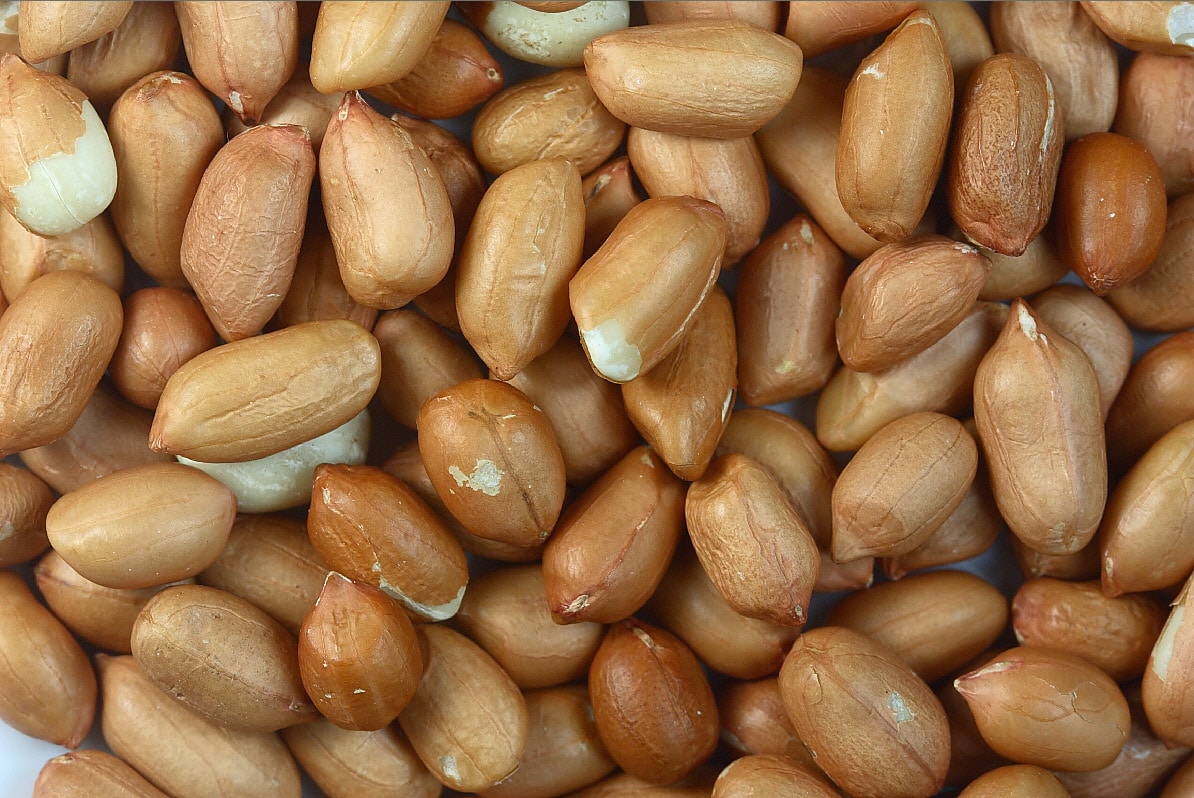A new study just released in the American Journal of Clinical Nutrition found that daily consumption of peanuts result in positive health benefits.
The study, “A Randomized Trial on the Effects of Flavourings on the Health Benefits of Daily Peanut Consumption,” was conducted at Purdue University and included over 150 men and women who incorporated peanuts into their daily diet for 12 weeks.
“Regardless of flavoring, peanut consumption offered significant benefits to participants with elevated serum lipids and blood pressure,” says Dr. Richard Mattes, Professor of Nutrition Science at Purdue University. Results showed that all varieties of peanuts significantly decreased mean diastolic blood pressure in all participants. For those who had high blood pressure, the changes were greatest over the first two weeks of the study, and were sustained throughout the 12 weeks. The findings were similar for salted and unsalted peanuts. While all participants decreased their blood pressure, those who ate salted or unsalted peanuts had slightly greater decreases than those who consumed spicy or honey-roasted peanuts.
The paper explains that these results may be due to the arginine found in peanuts, “which promotes the production of nitric oxide – a vasodilator that potentially leads to a decrease in blood pressure.” USDA data show that peanuts contain more arginine than any other whole food, including other nuts.
In addition, as shown in previous research, this study found that daily peanut intake reduced total serum cholesterol and triglyceride levels in participants who had high levels at the start. High blood pressure is the number one risk factor for cardiovascular disease, while high blood cholesterol continues to be a major risk factor as well.
Participants were randomly assigned three 0.5-ounce portions of three peanut flavors or just 1.5 ounces of one flavuor, which were eaten as a snack or as part of a meal. Researchers took blood samples every four weeks and other health measurements every two weeks.




